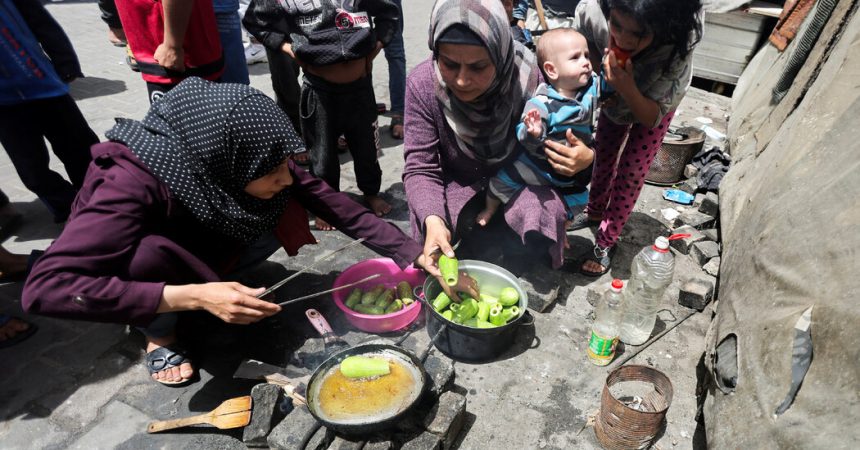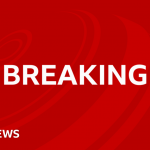Germany said on Wednesday that it would resume funding for the main U.N. agency aiding Palestinians in Gaza, known as UNRWA, after an independent review found that Israel had not provided evidence of allegations that led many donor nations to withdraw support for the agency.
The announcement was likely to cause further strain in Germany’s longstanding close ties with Israel, which have deteriorated because of differences over the war in Gaza.
Germany, which gave more than $200 million to UNRWA in 2023, is the agency’s second largest donor after the United States, which has also withdrawn its funding and has yet to say whether it will restore it.
“The German government has looked closely at the allegations made by Israel against UNRWA and has been in close contact with the Israeli government, the United Nations and other international donors,” read a statement issued by Germany’s foreign and development ministries on Wednesday.
The statement said that Germany expected the agency to take on the recommendations from the independent review led by a former French foreign minister, Catherine Colonna, to protect its neutrality.
The review was commissioned by the United Nations in January, just before Israel alleged that a dozen of the agency’s 13,000 employees in Gaza had participated in the Oct. 7 Hamas-led terrorist attacks or their aftermath, and that many were members of Hamas or its allies. In findings released on Monday, the review did not address whether some employees had taken part in the attack but said Israel had provided no evidence that many UNRWA workers belonged to militant groups.
Israel harshly criticized the report and repeated its claim that UNRWA should be disbanded.
After Israel’s claims in January, Germany joined more than a dozen countries, in pausing new funding for the agency, though it noted no new funds were scheduled. Several countries have since resumed funding for UNRWA.
Germany’s support for Israel is considered central to the modern German state, part of its national effort to atone for the Holocaust. Chancellor Olaf Scholz was one of the first Western leaders to arrive in Tel Aviv following the Oct. 7 attacks.
But that support has come under strain over the worsening conditions for civilians in Gaza under Israeli bombardment. Germany’s foreign minister, Annalena Baerbock, said in February that “words can hardly describe the situation of the people in Gaza,” and she has repeatedly warned against an Israeli invasion of Rafah, the southernmost Gaza city where more than a million civilians have sought shelter from the war.
Last week, when Ms. Baerbock made her seventh trip to Israel since the war began, her meeting with Prime Minister Benjamin Netanyahu turned tense, Israel’s Channel 13 News reported. Mr. Netanyahu showed Ms. Baerbock pictures of full market stands and people bathing on the beach in Gaza, the channel reported, an apparent effort to show that conditions in Gaza were not that bad.






